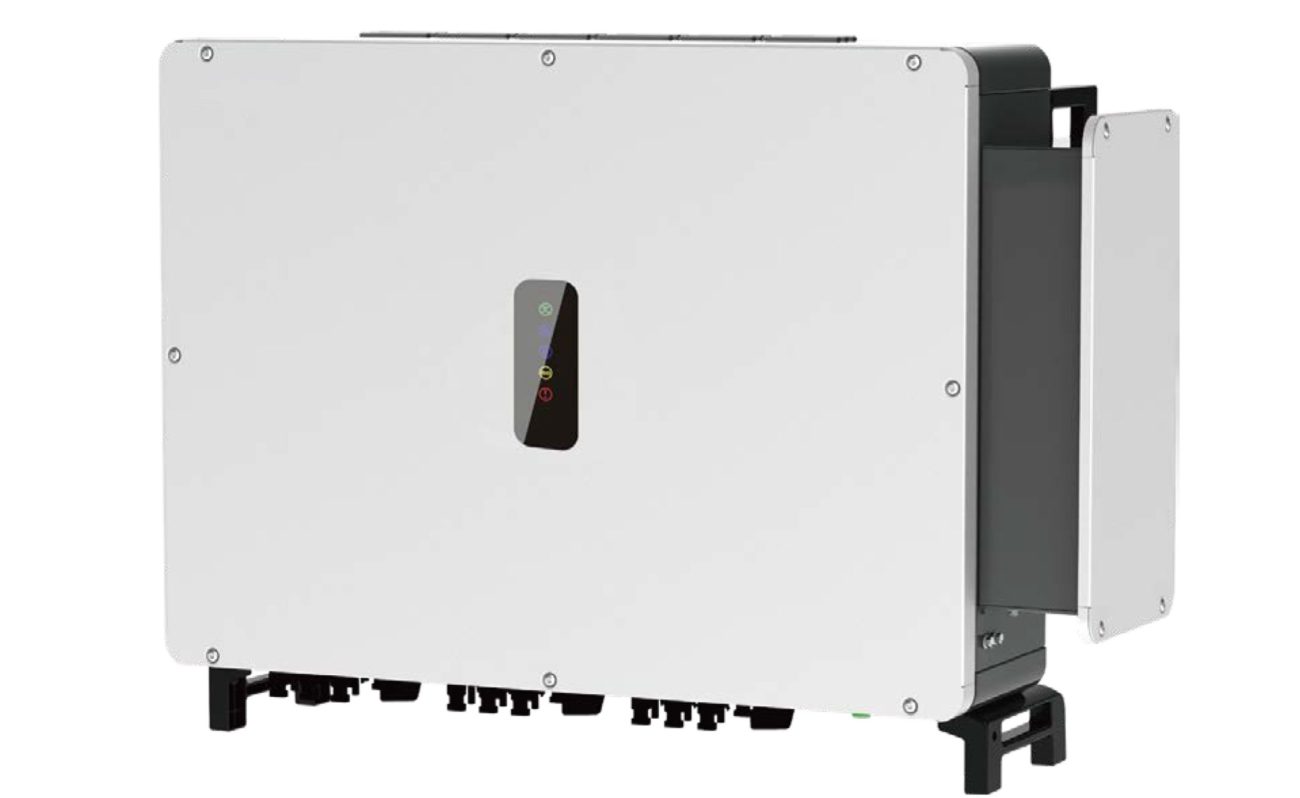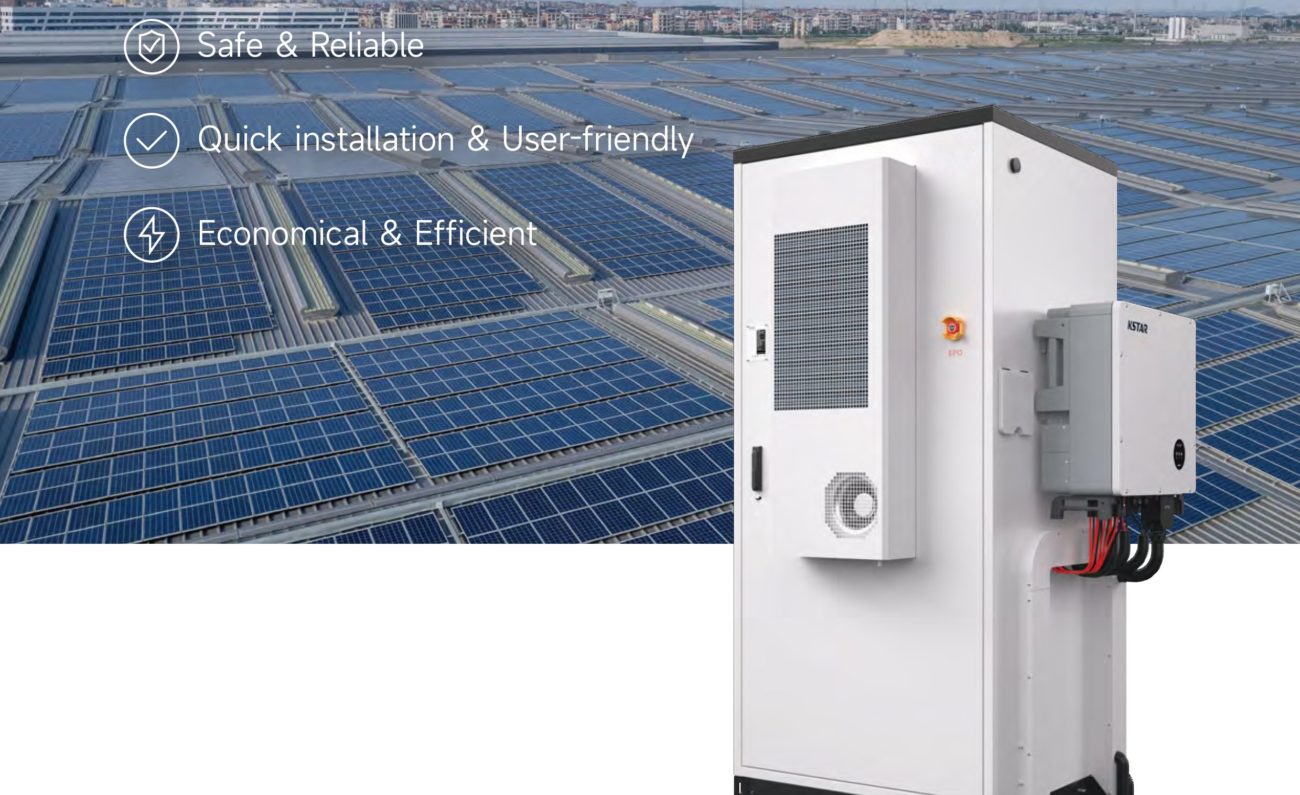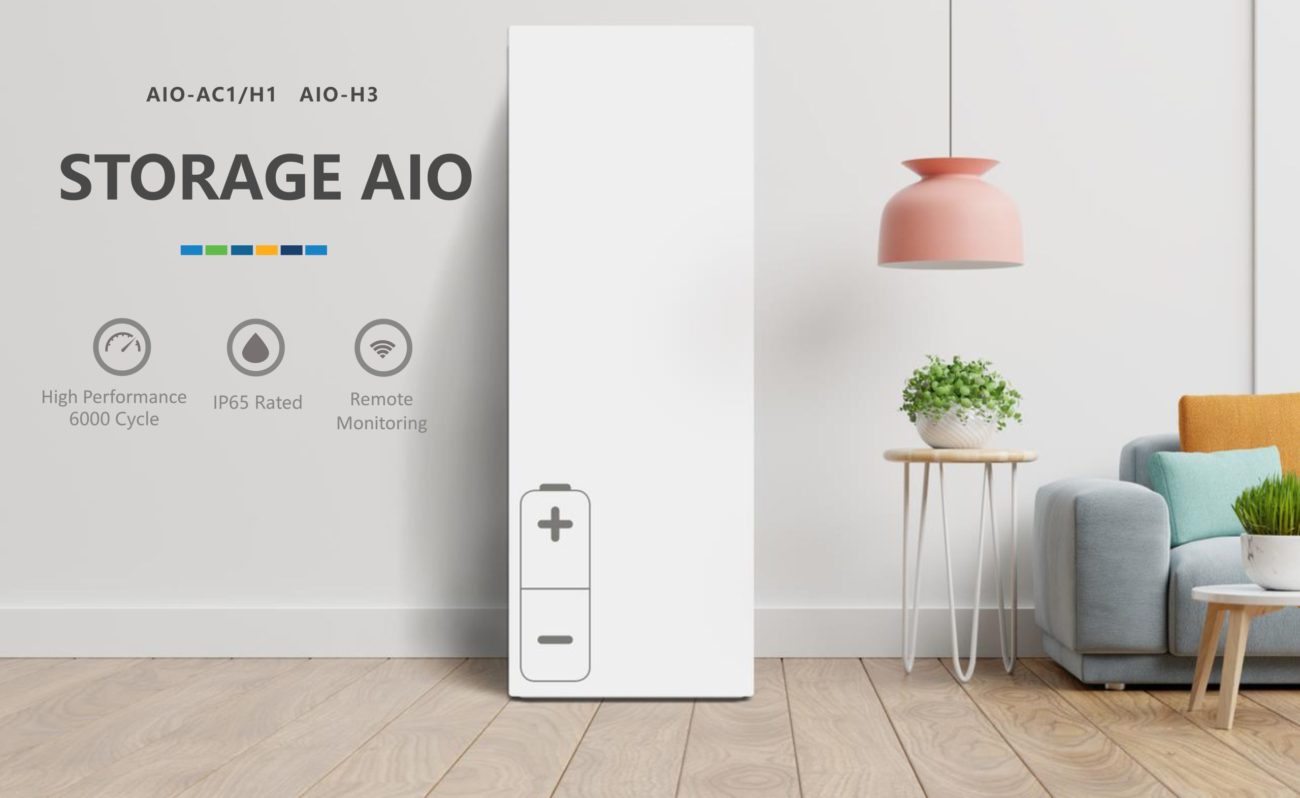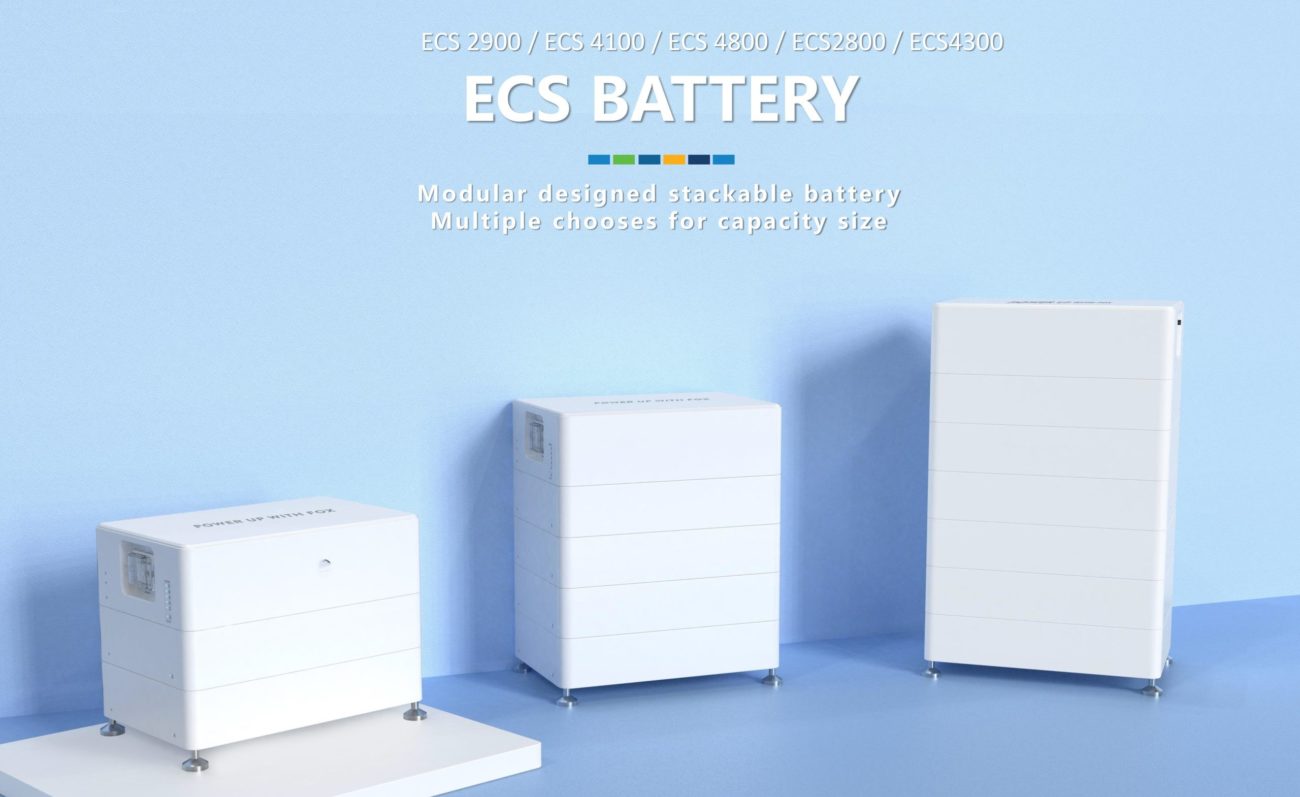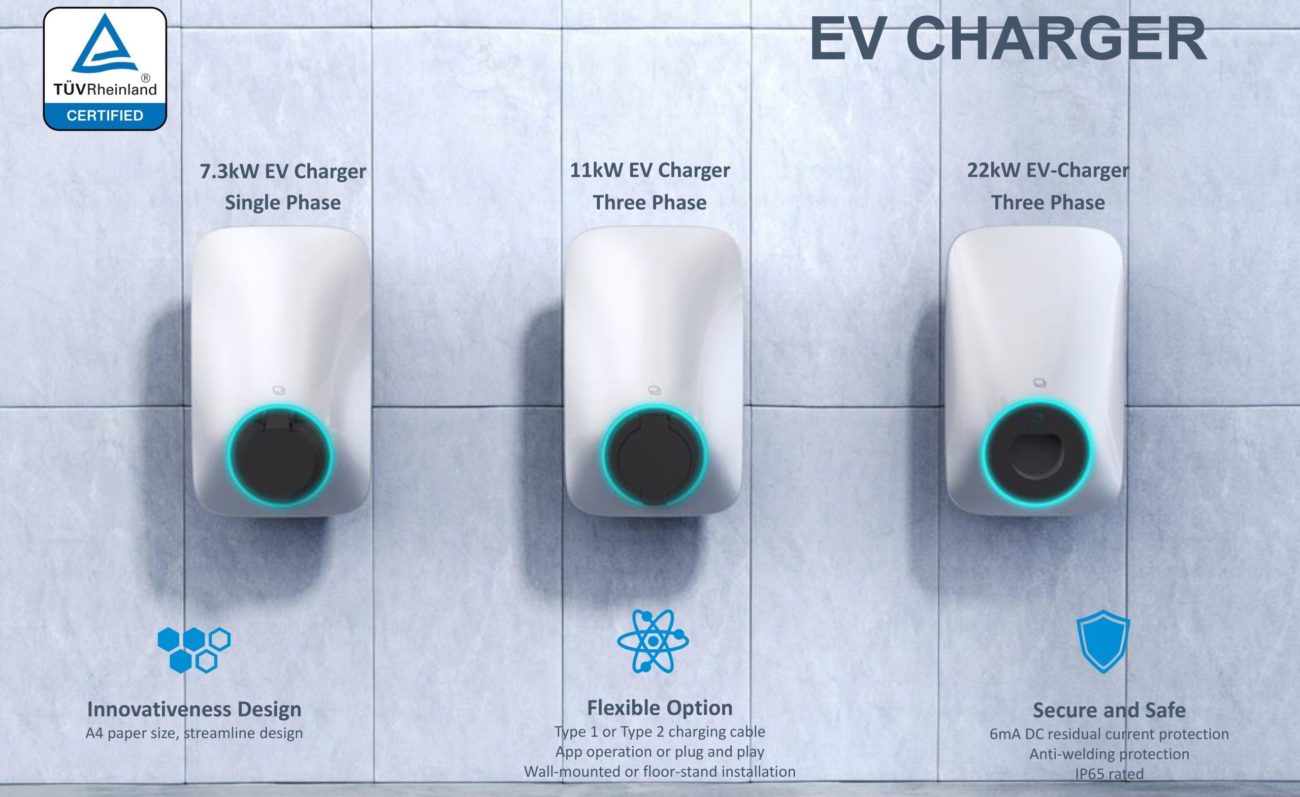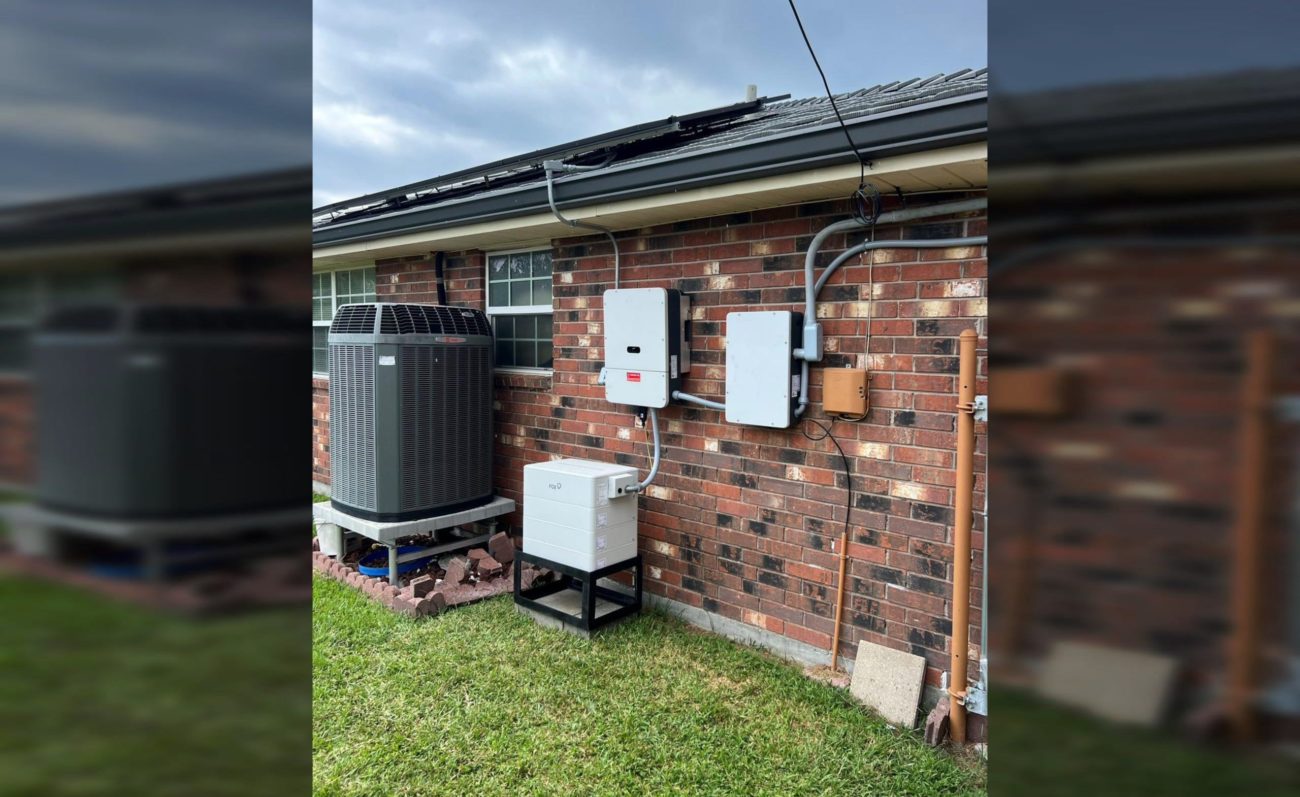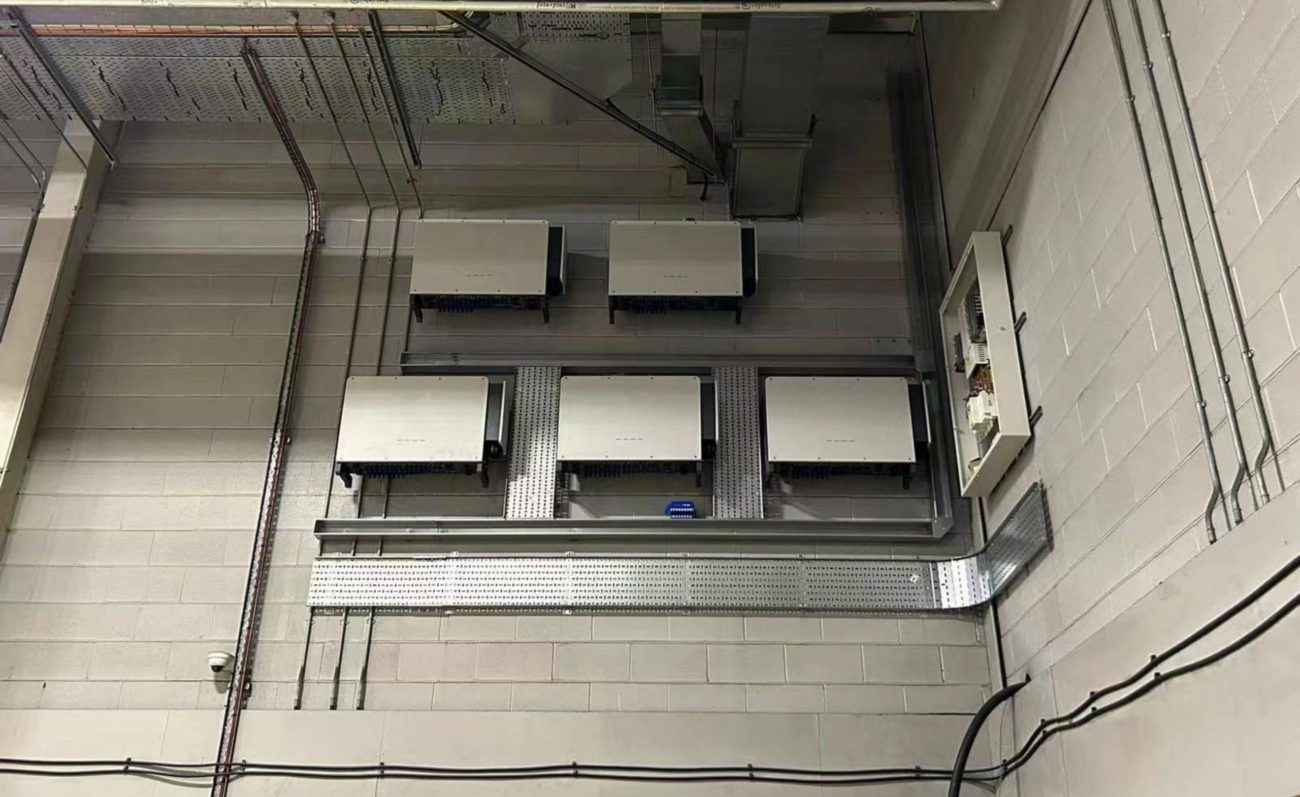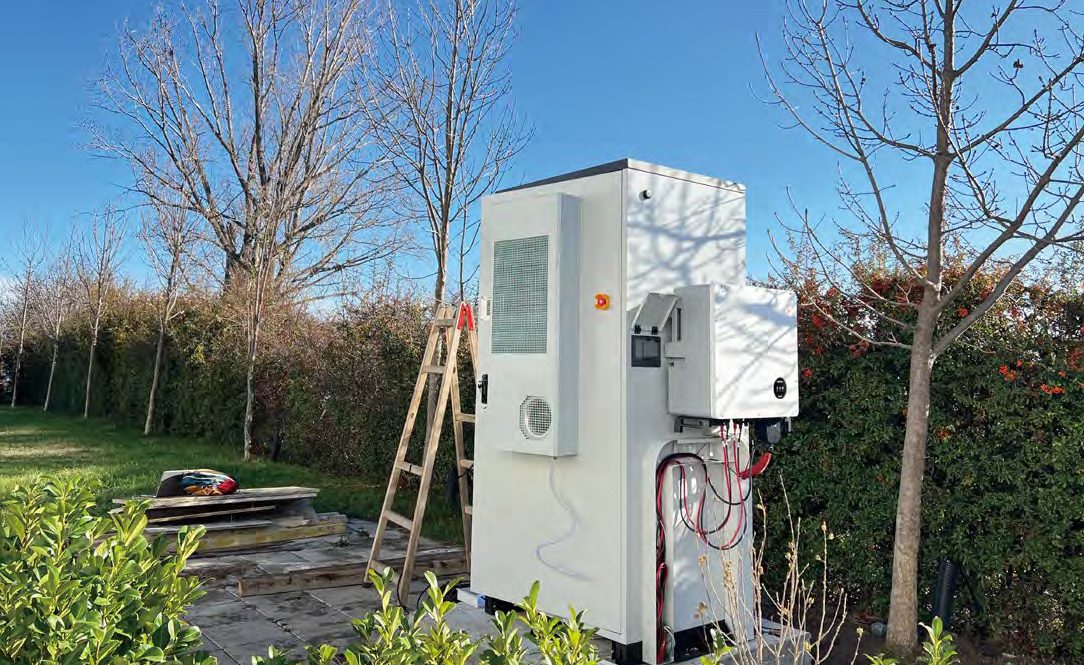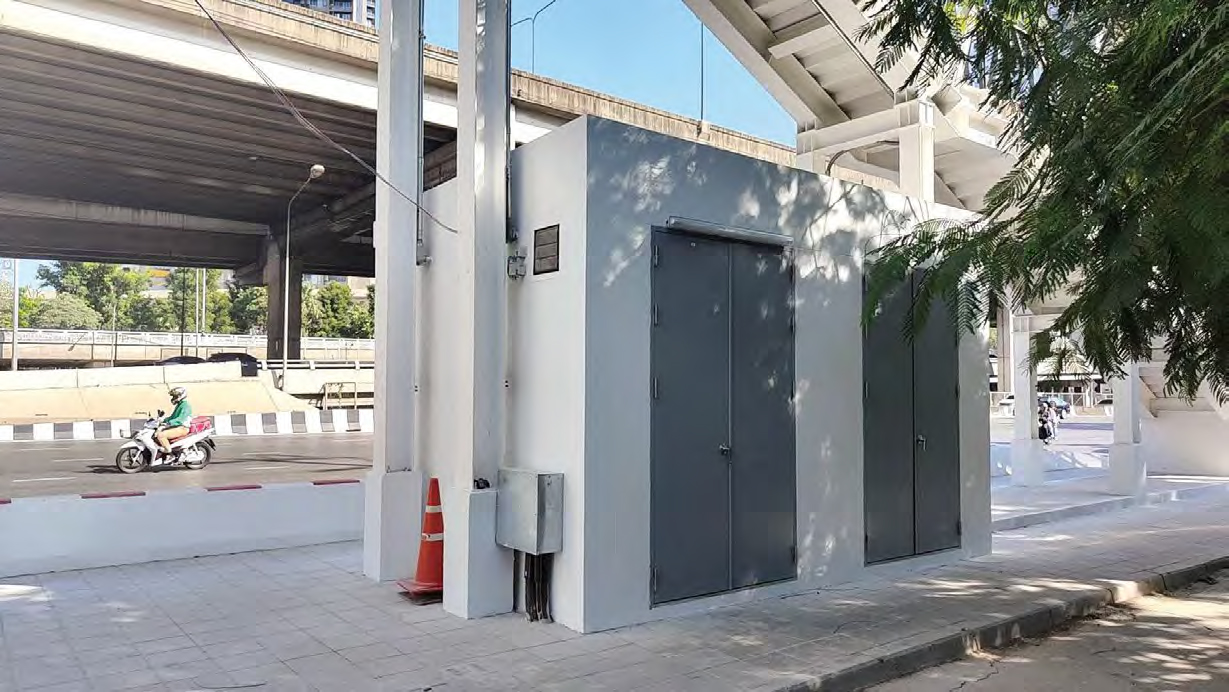Energy Storage Systems
1. System Design and Engineering
Site Assessment:
- Conduct a thorough evaluation of the site to determine the best placement for solar panels, taking into account factors such as sunlight exposure, shading, roof condition, and structural capacity.
- Assess energy consumption patterns to determine the appropriate system size and configuration for maximum efficiency.
System Design:
- Develop customized solar energy system designs tailored to the specific needs of residential, commercial, or industrial applications.
- Utilize advanced software and modeling tools to optimize energy output and efficiency.
- Ensure compliance with local regulations, safety standards, and industry best practices.
Engineering Services:
- Provide structural engineering assessments to confirm the load-bearing capacity of rooftops or ground-mounted structures.
- Offer electrical engineering services, including system wiring, inverter selection, and safety measures to ensure seamless integration with the power grid.
- Design energy storage solutions (such as battery systems) for enhanced energy independence and backup power capabilities.
2. Procurement and Importing
Component Sourcing:
- Identify and source high-quality solar panels, inverters, battery storage systems, and mounting equipment from reputable global manufacturers.
- Evaluate product warranties, efficiency ratings, and long-term reliability to ensure optimal performance and return on investment.
Logistics Coordination:
- Manage the entire supply chain process, including purchasing, quality checks, and documentation for seamless importation.
- Handle customs clearance, transportation, and timely delivery of components to the installation site, ensuring compliance with local import regulations.
- Work with logistics partners to minimize costs and prevent supply chain disruptions.
3. Installation
Site Preparation:
- Conduct preparatory work such as ground leveling, structural reinforcements, and roof modifications if required.
- Ensure proper safety measures are in place for the installation process, including fall protection and electrical safety protocols.
System Installation:
- Professionally install solar panels, inverters, charge controllers, and battery storage systems using industry-leading techniques.
- Secure mounting systems to withstand environmental factors such as wind, rain, and snow loads.
- Ensure correct electrical connections to maximize system efficiency and longevity.
Grid Connection:
- Integrate the solar energy system with the local power grid while ensuring compliance with all regulatory requirements.
- Work with utility companies to facilitate net metering, power purchase agreements, or grid feed-in processes.
- Perform final electrical inspections to certify system safety and operational efficiency.
4. Commissioning and Testing
System Testing:
- Conduct rigorous performance testing to verify system output, efficiency, and compliance with design specifications.
- Utilize monitoring tools to analyze energy production, voltage stability, and overall system functionality.
Commissioning:
- Officially activate the system and ensure all components are functioning as expected.
- Provide training for system owners on operation, monitoring, and basic troubleshooting.
- Deliver all necessary documentation, including warranties, permits, and compliance certificates.
5. Maintenance and Support
Regular Inspections:
- Offer scheduled maintenance services, including cleaning of solar panels, checking electrical connections, and inspecting mounting structures.
- Monitor system performance remotely to detect potential issues before they impact efficiency.
Repairs and Upgrades:
- Provide rapid response repair services to address any faults, damage, or system malfunctions.
- Upgrade system components, such as replacing inverters or adding battery storage, to enhance efficiency and energy independence.
- Ensure continued compliance with evolving industry standards and grid regulations.

